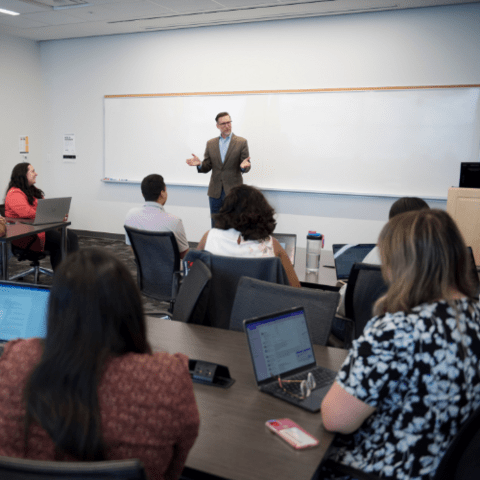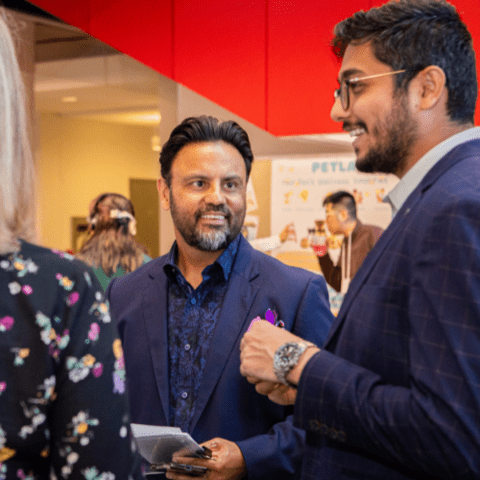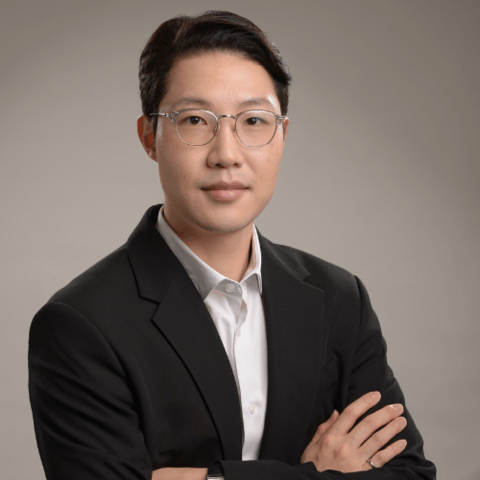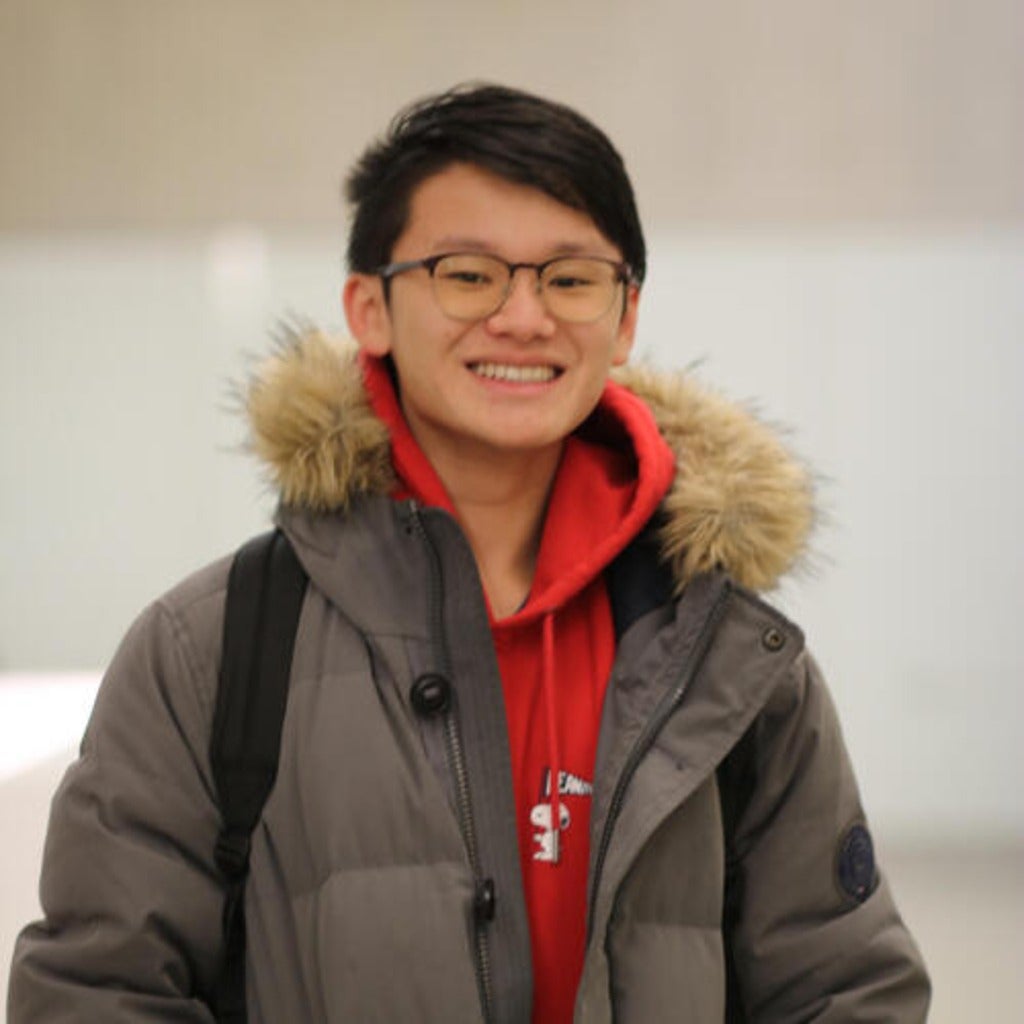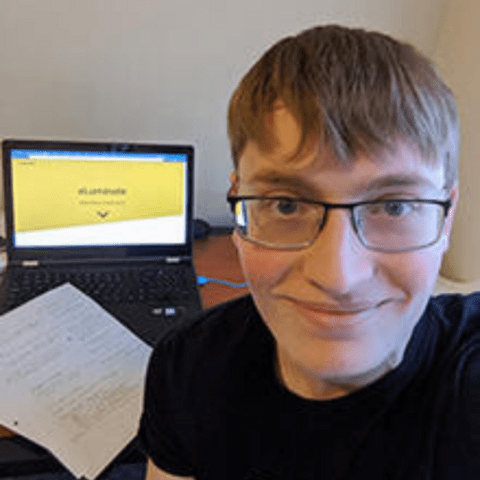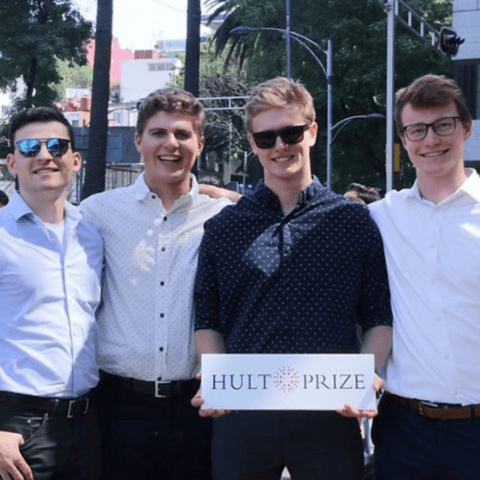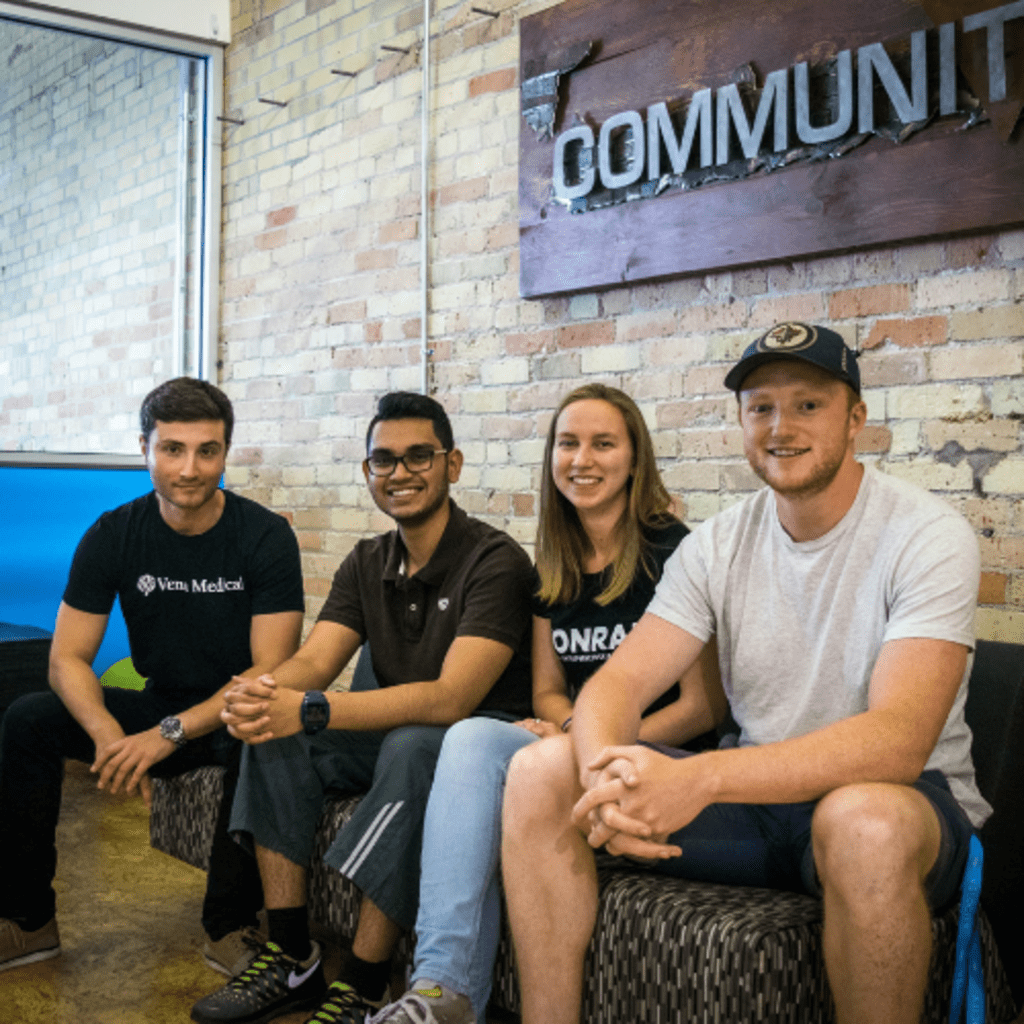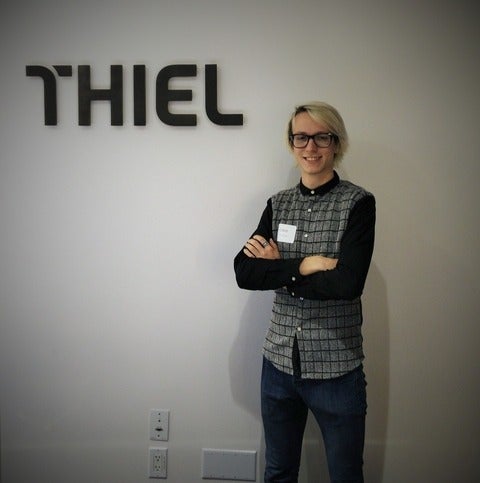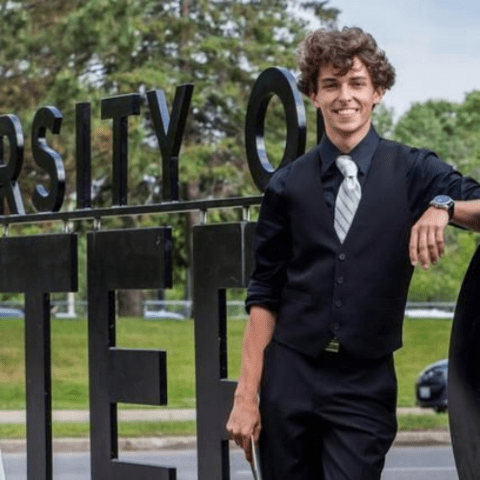Chris Thiele wrote his last exam of the spring term in the middle of August, and by the first week of September, he began his second Enterprise Co-op (E Co-op) term on a plane to Hong Kong.
Balancing the roles of student and startup founder has become routine for the 4A electrical and computer engineering student. He has been working on the smart gardening system Grobo since spring 2014, when he met his co-founder Bjorn Dawson in Conrad’s BET 300: Foundations of Venture Creation class.
With four months to focus solely on building Grobo, Chris charted an ambitious course that took him from Hong Kong, to the manufacturing centres of China, to California, and back to Waterloo in time for the E Co-op end-of-term presentations—with many lessons learned along the way.
